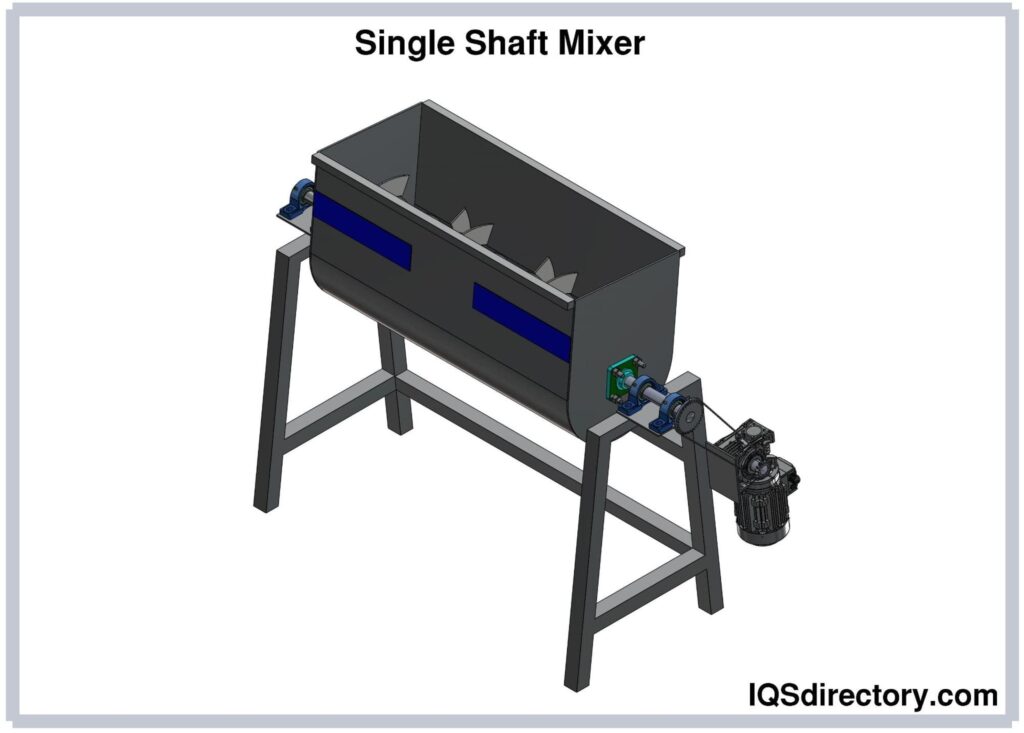
What is a Mixer Used For? Exploring Its Versatile Applications
The humble mixer, often relegated to a corner of the kitchen or a sound engineer’s console, is a powerhouse of versatility. But what is a mixer used for, exactly? The answer extends far beyond simply combining ingredients or audio signals. This article delves into the diverse applications of mixers, from culinary arts to professional audio engineering, uncovering the essential role they play in various industries and everyday life.
Mixers in the Culinary World
Perhaps the most familiar application of a mixer is in the kitchen. Here, a mixer, whether a stand mixer or a handheld version, is an indispensable tool for bakers and cooks alike. What is a mixer used for in this context? Primarily, it’s used to combine ingredients efficiently and create specific textures.
Blending and Emulsifying
One of the key functions of a kitchen mixer is blending. It can effortlessly combine dry ingredients like flour, sugar, and baking powder, ensuring they are evenly distributed throughout the batter. Furthermore, mixers excel at emulsifying liquids, such as oil and vinegar, to create stable dressings and sauces. The vigorous action of the beaters or whisk helps break down the liquids into smaller droplets, preventing separation.
Whipping and Aerating
Another crucial application is whipping and aerating. A mixer can quickly whip cream into stiff peaks, incorporate air into egg whites to create meringues, and produce light and fluffy batters for cakes and other baked goods. The speed and consistency of a mixer allow for a level of aeration that is difficult to achieve by hand.
Kneading Dough
Some stand mixers come equipped with a dough hook, which is designed specifically for kneading dough. Kneading is a labor-intensive process that develops the gluten in flour, creating the structure and elasticity necessary for bread and other yeast-based products. A mixer can handle this task with ease, saving time and effort.
Mixers in Audio Engineering
Beyond the culinary realm, mixers play a vital role in audio engineering. In this context, a mixer, also known as a mixing console or mixing board, is a device used to combine, process, and balance multiple audio signals. So, what is a mixer used for in the world of sound?
Combining Audio Signals
The primary function of an audio mixer is to combine multiple audio signals from various sources, such as microphones, instruments, and playback devices. This allows a sound engineer to create a cohesive and balanced mix of all the different elements in a recording or live performance.
Equalization and Tone Shaping
Audio mixers typically feature equalization (EQ) controls for each channel, allowing the engineer to adjust the frequency response of individual sounds. This can be used to enhance certain frequencies, reduce unwanted noise, and shape the overall tone of the mix. [See also: Understanding Audio Equalization]
Dynamic Processing
Many mixers also include dynamic processing tools, such as compressors and limiters. These tools are used to control the dynamic range of audio signals, making them sound more consistent and preventing them from clipping or distorting. Compression can make a vocal track sound more powerful and present, while limiting can protect speakers from overload.
Effects Processing
Mixers often include built-in effects processors, such as reverb, delay, and chorus. These effects can be used to add depth, space, and character to audio signals. Reverb can simulate the acoustics of different environments, while delay can create echoes and rhythmic patterns. [See also: Exploring Different Audio Effects]
Routing and Monitoring
Audio mixers allow for flexible routing of audio signals, enabling the engineer to send specific sounds to different outputs, such as speakers, headphones, or recording devices. They also provide monitoring capabilities, allowing the engineer to listen to individual channels or the entire mix in real-time.
Mixers in Other Industries
The applications of mixers extend beyond the kitchen and the recording studio. What is a mixer used for in other industries?
Chemical Processing
In chemical processing, mixers are used to combine and blend different chemical substances. These mixers can range from small laboratory stirrers to large industrial-scale blenders. The goal is to ensure that the chemicals are thoroughly mixed and react properly.
Pharmaceutical Manufacturing
In pharmaceutical manufacturing, mixers are used to blend and granulate powders and liquids to create tablets, capsules, and other medications. The mixing process must be precise and controlled to ensure that the final product meets strict quality standards.
Cosmetics Production
In the cosmetics industry, mixers are used to blend and emulsify ingredients to create creams, lotions, and other beauty products. The mixing process is crucial for achieving the desired texture, consistency, and stability of the final product.
Construction
In construction, cement mixers are used to combine cement, sand, gravel, and water to create concrete. The mixer ensures that the ingredients are thoroughly blended, resulting in a strong and durable building material.
Choosing the Right Mixer
With so many different types of mixers available, choosing the right one can be a challenge. When selecting a mixer, it’s important to consider the specific application, the volume of material to be mixed, and the desired level of control. Whether you are baking a cake, recording an album, or manufacturing a product, there is a mixer that is perfectly suited to your needs. The key is understanding what is a mixer used for in your specific context and finding the model that best meets those requirements.
Conclusion
From the simple act of baking a cake to the complex process of recording a symphony orchestra, mixers play a crucial role in a wide range of applications. Understanding what is a mixer used for allows us to appreciate the versatility and importance of this often-overlooked piece of equipment. Whether you’re a home cook, a professional audio engineer, or a manufacturer, a mixer can help you achieve your desired results with greater efficiency and precision.
